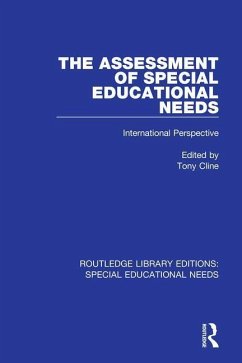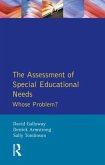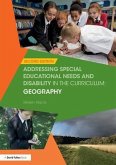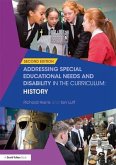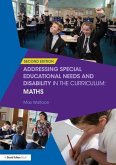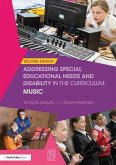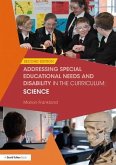First published in 1992. Special educational needs are being defined in new ways. Changing laws and perspectives in many countries present new challenges to practitioners. The fundamental shift underlying all these changes is the idea that handicap is not an absolute phenomenon, that special educational needs are relative to a person's environment. Once this is accepted, it is inevitable that there will be a radical re-examination of how such needs are identified and how they are assessed. This book draws together a range of contributions from leading figures in special education worldwide, to emphasise assessment in the service of prevention, of teaching, and of mainstreaming and integration. It is not enough to understand children's individual strengths and weaknesses. The primary objective of assessment is to guide intervention, and for that purpose it must have a broader focus and not concentrate exclusively on the target individuals who appear to have disabilities or learning difficulties: the learning environment is equally important as a focus for assessment. The book is divided into three sections that explore three broad themes: empowering children and parents during the assessment process; designing assessment so that it supports the integration and mainstreaming of children rather than their segregation; and making improvements through specific approaches to assessment.
Hinweis: Dieser Artikel kann nur an eine deutsche Lieferadresse ausgeliefert werden.
Hinweis: Dieser Artikel kann nur an eine deutsche Lieferadresse ausgeliefert werden.

